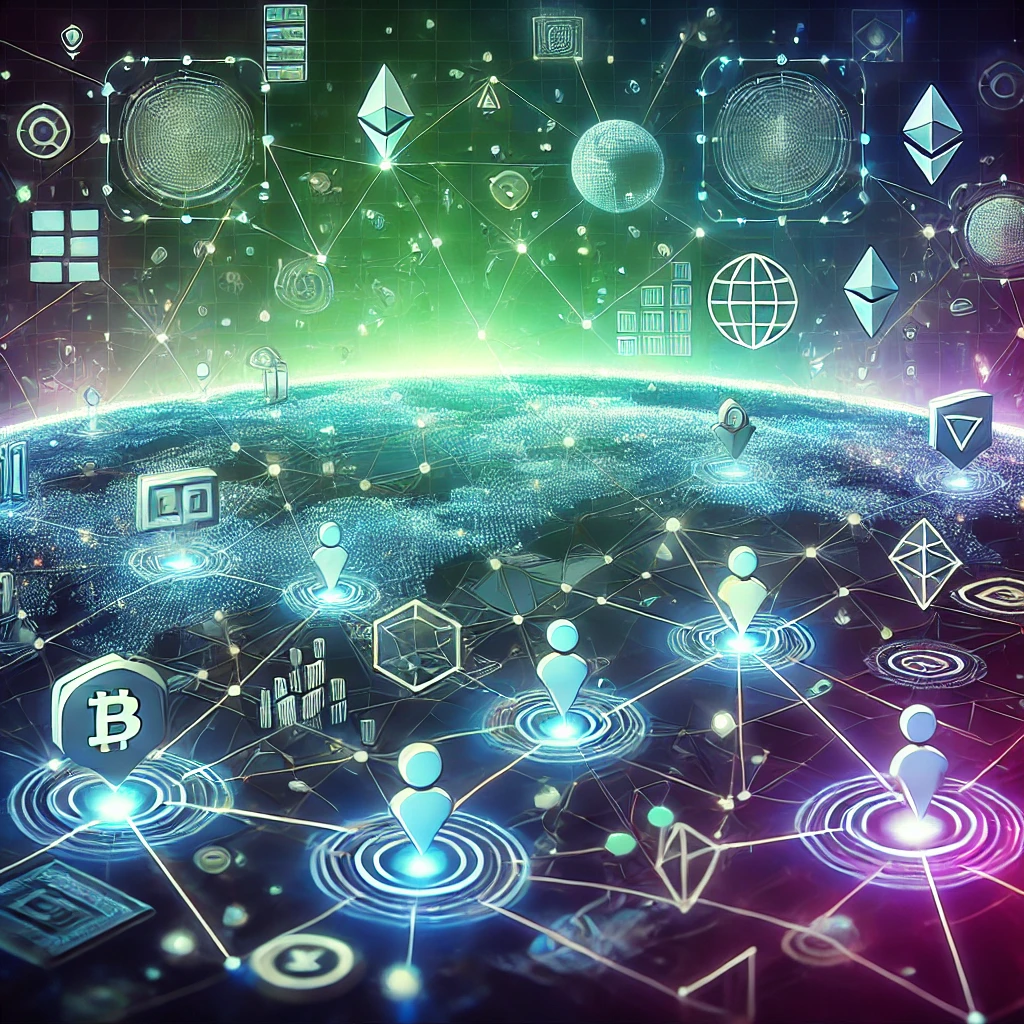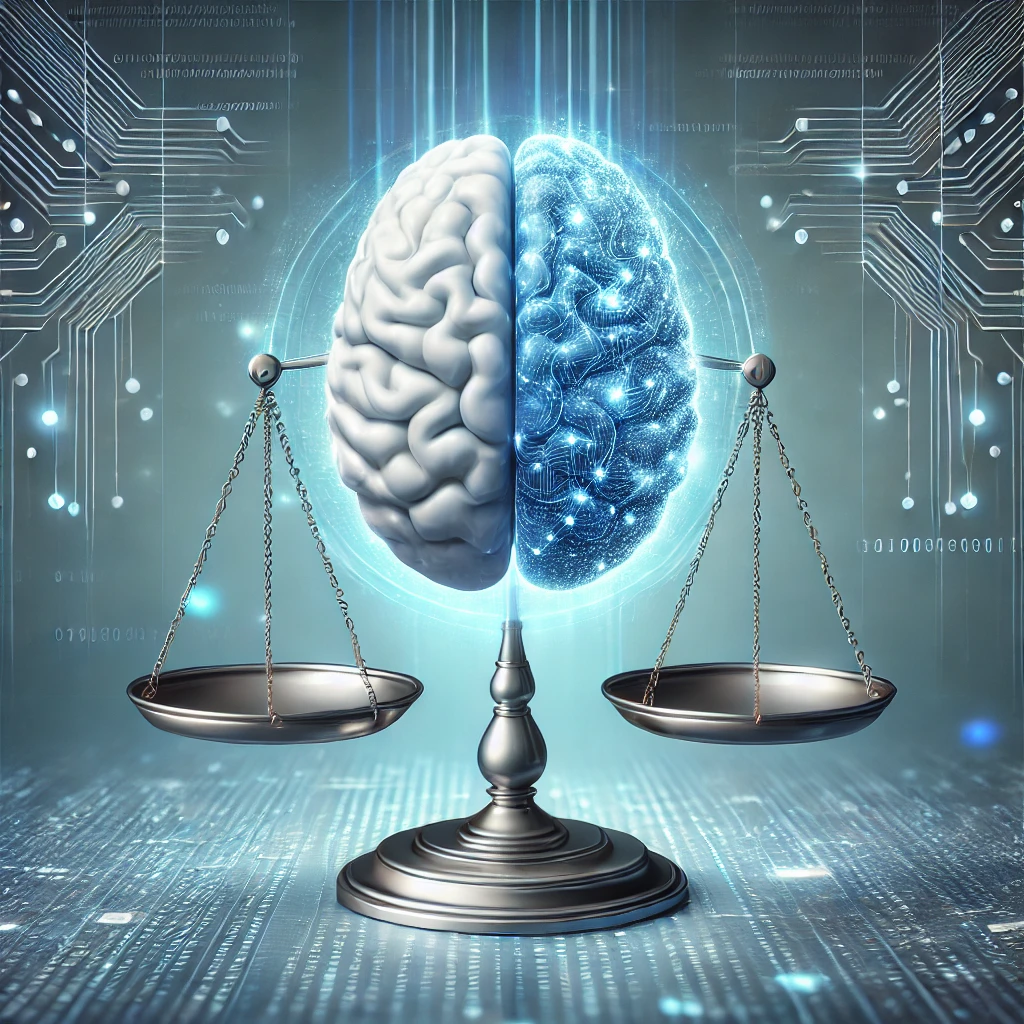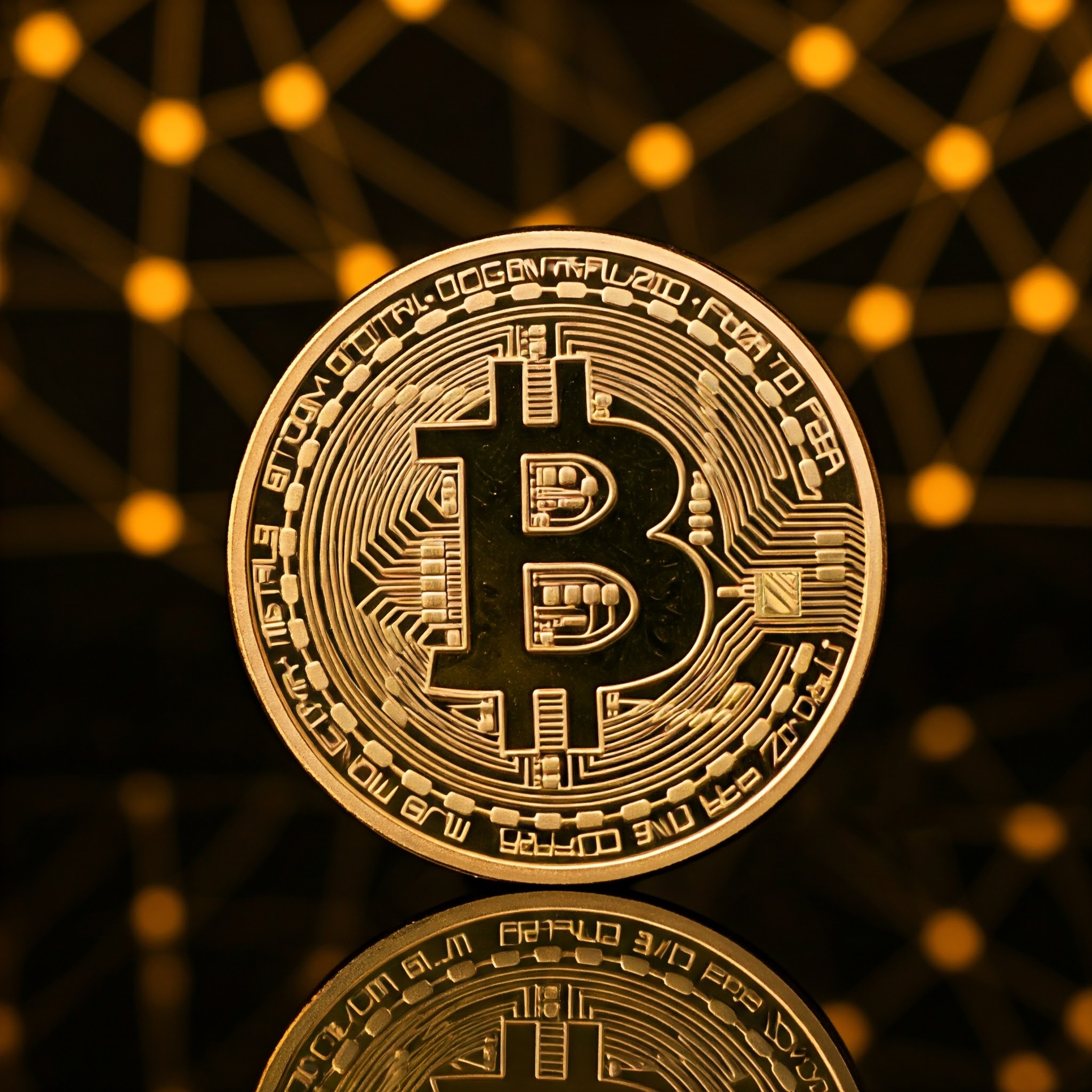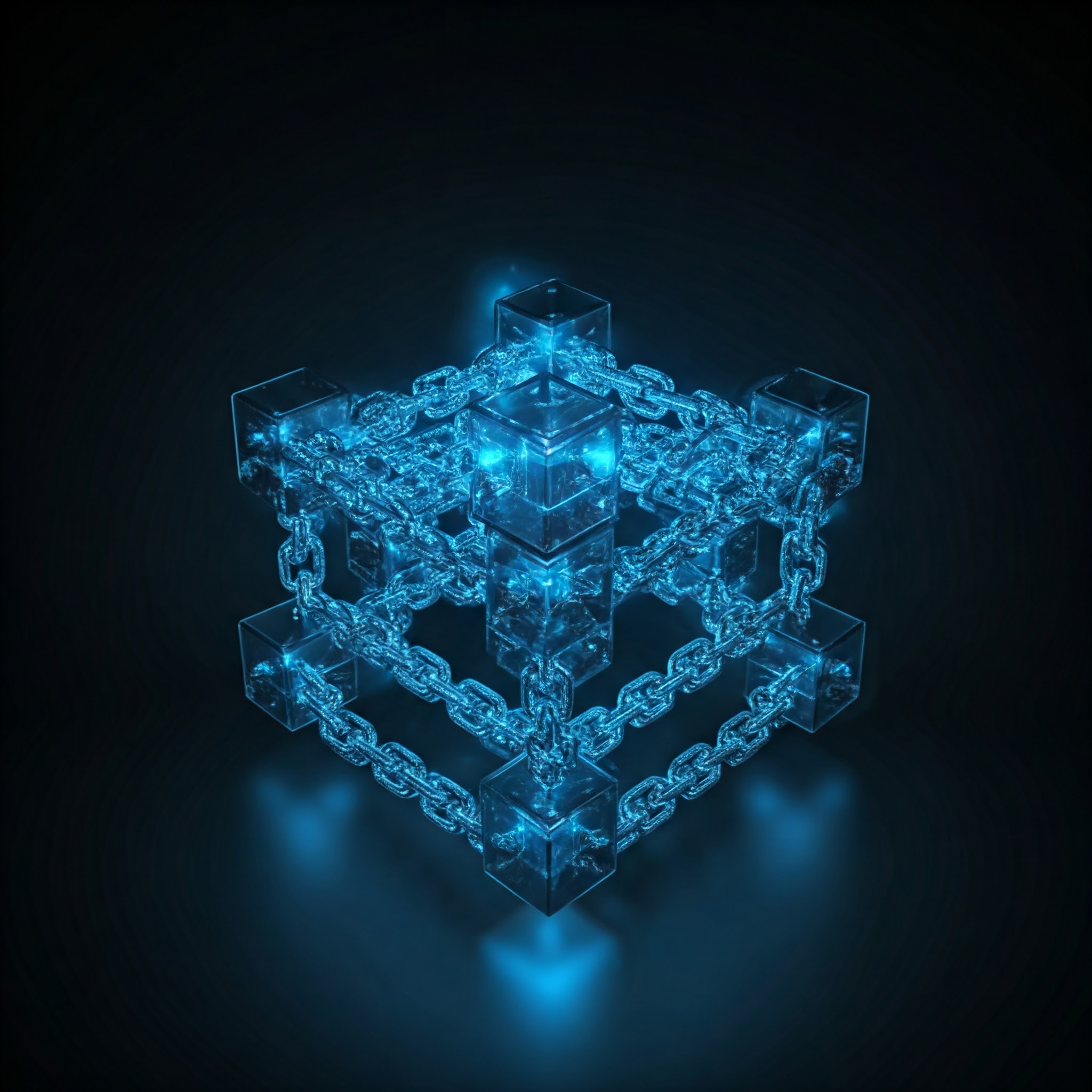What is a dApp?

If you’ve ever thought about buying an NFT, swapping coins, or playing a game like Hamster Kombat, you may have come close to interacting with a dApp.
If you’ve ever thought about buying an NFT, swapping coins, or playing a game like Hamster Kombat, you may have come close to interacting with a dApp. But what exactly is a dApp?
A decentralized application, or dApp, is software that runs on a blockchain network. Unlike traditional applications that rely on centralized servers and are often owned by a single entity, dApps operate in a decentralized manner and are frequently governed by a community.
Just as developers create apps for operating systems like iOS or Android, they can also build on blockchain networks such as Ethereum. To the user, dApps may look and function like any regular application. However, their decentralized nature brings unique advantages, such as enhanced security, transparency, and resistance to censorship.
At their core, dApps rely on smart contracts for backend operations. These self-executing pieces of code are immutable once deployed, ensuring integrity but also presenting challenges like limited scalability and maintenance hurdles.
Key Features of dApps
-
Zero Downtime: As long as the blockchain is active, dApps continue to operate, making them highly resilient.
-
Privacy: Users don’t need to share personal data to interact with most dApps.
-
Censorship Resistance: No central authority can block access.
-
Data Integrity: The blockchain ensures all data is immutable and transparent.
-
Trustless Execution: Transactions happen automatically through smart contracts without reliance on intermediaries.
Challenges
While promising, dApps face issues like slow transaction speeds, complex user interfaces, and centralization risks in services built atop blockchain networks.
Overall, dApps represent a revolutionary way to build and use applications, leveraging blockchain technology for greater autonomy and security.




